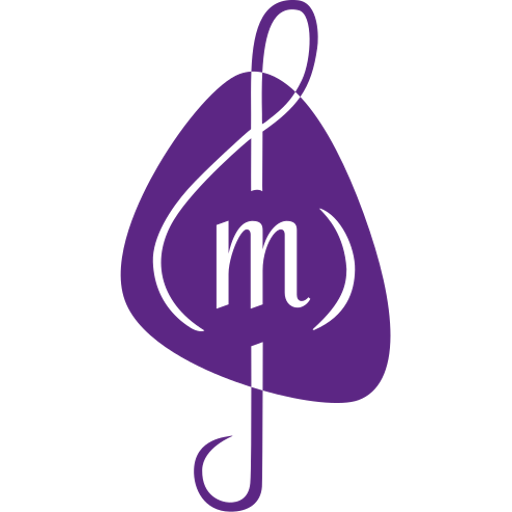REM‘s “Losing my religion” is playing at my local grocery store – and I can’t help but think of my senior year. When did I last hear this song? Wasn’t it only yesterday that I was listening to it, dancing the night away… I think we all know the feeling. Listening to music from our past makes images come alive – scientists call this “neural nostalgia”. So if you are not just a music lover, but want to experience flow in your writing, read on to see how you can use music as creative inspiration.
Needless to say that for musicians, music plays an important part in our lives. The musical styles we enjoy may change over the years, but the relevance of music stays the same. For most of us – whether or not we make music ourselves – our teenage years were the time when the music we liked also defined who we were, or wanted to be. Some of us listened to pop songs on the radio or at the disco. Others were fans of punk or heavy metal and dressed accordingly. In any case, music connected us with our friends and we used it to distance ourselves from our parents.
Clearly, music evokes strong emotions and memories, so it can also be an effective stimulus for our writing. We can use songs or instrumental pieces in various ways to foster creativity and writing flow. Next time before you start writing, ask yourself: What kind of music would I like to listen to now – and what kind would bother me? Many writers find themselves distracted by lyrics in languages they can understand, so instrumental music often works better. Fast rhythms stimulate our breathing and heart activity, slow rhythms calm our body. On Spotify and other platforms, you can find playlists with meditative soundscapes, like “Music to write” or “Mellow Jazz”. If we always turn on the same music while writing for a certain period, we can also condition ourselves: Now is my writing time.
We can condition ourselves: Now is my writing time
Background music, however, can not yet be considered as a “writing prompt”. So if you want that, you could intentionally select suitable music for a particular writing situation. Film music works well for this purpose. Let’s say you are writing fiction: Find a good score that accompanies your scene – just like in Hollywood movies. When your characters are fighting, choose a piece that is full of tension. When they are falling in love, romantic strings might be a good fit.
When you are writing a memoir, it can help to draw on music from your childhood or teenage years. These songs or pieces will provide for an additional source of anecdotes. To remember individual songs, you could brainstorm: “What kind of music do I associate with this stage in my life?” Write this thought in the middle of a blank sheet of paper, circle it and then jot down all your ideas. Did you have posters of pop stars on your bedroom wall? Did your sister annoy you by practicing a certain rock ballad on her guitar every day?
This brainstorming session will probably bring up a few songs that mattered to you back then. Choose one that appeals to you, listen to it quietly (for example on YouTube) and then just write for 15 minutes. When you immerse yourself in your memories, think also about your senses: What did I smell? How did it taste? This will make your descriptions vivid and relatable.
You can write while listening to the music, or you can just use it to get into the mood and then switch it off and write in silence. While writing, remember to pay attention to how you feel. In autobiographical writing, we immerse ourselves deeply in our memories. If you notice that this doesn’t feel good in a particular moment, maybe you want to stop writing for a while.
Of course, you can also let the music inspire you to write a poem or a short story. Anything goes. Try it out – and you might be amazed to rediscover songs and anecdotes you hadn’t thought of in a long time. Music can be a writing prompt that leads us into unexpected directions. This is what makes creative writing so exciting!
Creative and academic writing coach, Christine Kämmer holds writing workshops and salons regularly, using musical writing prompts. Most events are currently in German language – but you can sign up for an English language mailing list to stay informed about future events in English.




